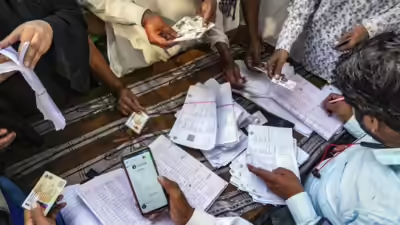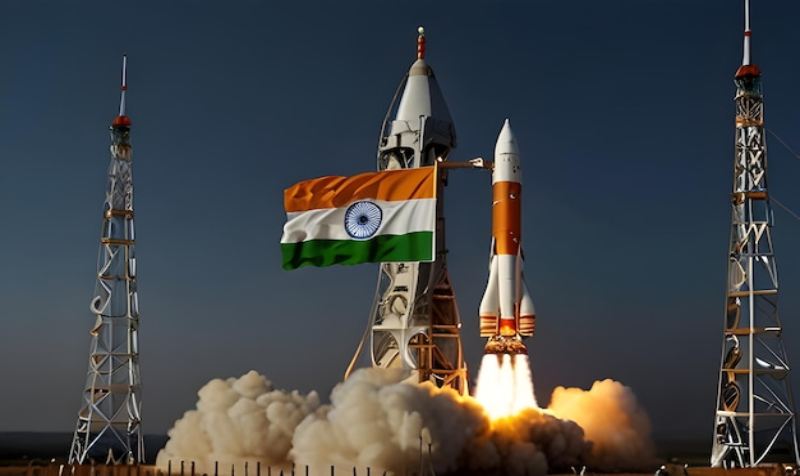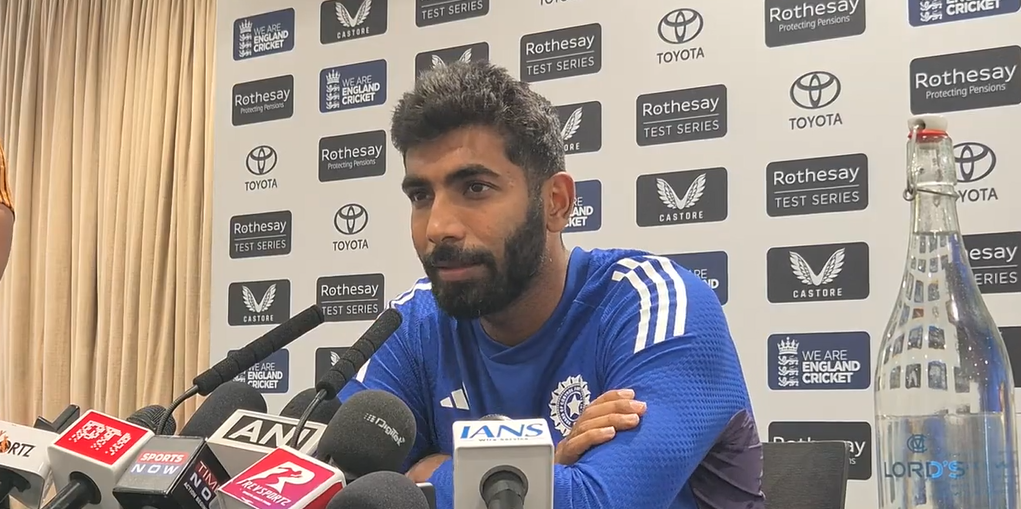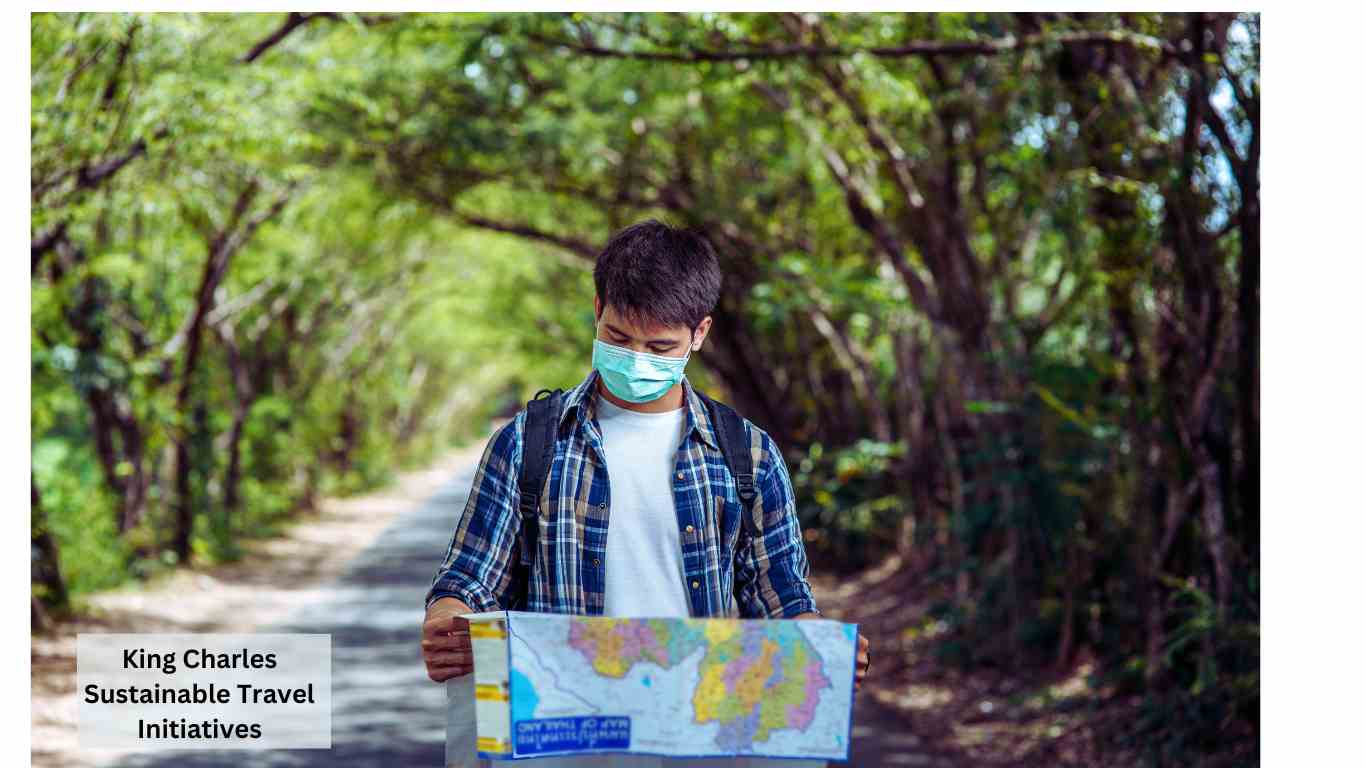
Illegal Migrants in Bihar Voter List: How the EC’s Verification Drive is Shaping the Future of Elections
In a bold move aimed at preserving the integrity of India’s democratic process, the Election Commission of India (EC) has launched an intensive voter list verification drive in Bihar. This effort, officially termed the Special Summary Revision (SSR), has uncovered a startling number of names in the draft electoral roll that do not belong to Indian citizens.

Also Read: FastestFeed.com
Individuals originating from Nepal, Bangladesh, and Myanmar have been identified during the door-to-door verification conducted by Booth Level Officers (BLOs). This revelation is particularly significant as Bihar heads into election season, and ensuring a clean and accurate electoral roll is crucial for the legitimacy of the polls.
Why Is This Important Now?
Bihar is scheduled to hold elections later this year, and the presence of foreign nationals in the voter list could influence not just local politics but also national-level debates on illegal immigration, border security, and the electoral process. With India being the world’s largest democracy, maintaining the sanctity of its voter database is non-negotiable.
The issue of illegal migration has long been a politically sensitive subject in India, especially in border states like Bihar and West Bengal. The EC’s recent drive, therefore, is not just about data correction but also about addressing long-standing concerns regarding voter fraud, demographic manipulation, and national security.
What the EC Found in Bihar
According to ground reports, BLOs found that many individuals on the current voter list could not provide valid proof of Indian citizenship. Some lacked basic identity documents, while others admitted to having migrated illegally years ago. These individuals were flagged during the house-to-house surveys initiated in the ongoing Special Summary Revision.
Here’s a snapshot of the findings:
| Nationality | Regions Identified in Bihar | Common Traits Found |
|---|---|---|
| Nepalese | Border towns in North Bihar | No Indian documents, recent settlers |
| Bangladeshis | Areas near Katihar, Purnia | Language variation, forged identity proofs |
| Myanmar nationals | Select camps and rural pockets | No citizenship proof, refugee status |
What Happens Next?
The current draft electoral roll will be finalized and published on September 30, 2025. However, before that, a more rigorous citizenship verification process is scheduled to begin after August 1. The focus will be on scrutinizing flagged individuals, cross-verifying documentation, and confirming place of birth records.
The EC has clearly stated that non-citizens will be excluded from the final list. The process will rely on several government-issued documents like:
- Aadhaar card
- Voter ID card
- Ration card
- Passport (if available)
- Birth certificate or school records
The Supreme Court of India, in a recent ruling, also upheld the legitimacy of this verification process, providing constitutional backing to the EC’s efforts.
Political Reactions and Public Debate
While the Election Commission insists that this drive is aimed purely at maintaining voter integrity, the move hasn’t been free from controversy. Several opposition parties have voiced concerns that such verification exercises could lead to mass disenfranchisement, especially among marginalized and economically weak populations.
There is also anxiety that genuine Indian citizens, who may not possess proper documents due to illiteracy or displacement, might be wrongfully removed from the list.
On the other hand, many public policy experts and security analysts have applauded the EC’s step, calling it a much-needed action in an era where illegal immigration has ripple effects on housing, employment, healthcare, and governance.
Historical Context: Illegal Migration in India
India has a long history of migration, both legal and illegal, particularly from its porous borders with Nepal and Bangladesh. While Nepalese citizens enjoy special status under the 1950 India-Nepal Treaty of Peace and Friendship, allowing them to reside and work in India without a visa, they do not automatically qualify to vote unless they register as Indian citizens.
Bangladeshi and Myanmar migrants, however, enter India without such legal provisions. Many cross the border through unmonitored routes, and over time, assimilate into local communities—often obtaining documents through forged means or collusion.
This poses a serious threat to electoral integrity, especially in states like:
- Bihar
- Assam
- West Bengal
- Tripura
- Uttar Pradesh
Nationwide Implications: Will Other States Follow?
Though Bihar is the current focus, EC officials have hinted that this special verification exercise could be expanded nationwide. The idea is to introduce regular and periodic scrutiny of voter lists, especially in areas with known issues of infiltration and illegal settlements.
States like Assam, which already carried out the controversial National Register of Citizens (NRC), may see similar drives in the near future. With Kerala, Tamil Nadu, and West Bengal heading to polls in 2026, voter list accuracy will be a crucial focus.
Humanitarian Angle: What About the Flagged Individuals?
While national security and electoral fairness are critical, it is equally important to view the situation with a humanitarian lens. Many flagged individuals have lived in India for decades, raised families, worked in unorganized sectors, and contributed to the economy. For some, India is the only home they know.
The process of exclusion must therefore be:
- Transparent
- Evidence-based
- Open to appeals and hearings
- Assisted with legal aid if required
Human rights advocates stress that any exclusions must be handled sensitively, avoiding blanket judgments and ensuring no legitimate Indian citizen is wrongfully erased from the voter list.
Final Voter List: What to Expect on September 30?
The EC aims to publish the final electoral roll on September 30, which will reflect all the verified, corrected, and cleaned-up voter data. Citizens will have a final chance to review, appeal, or correct entries before the roll is frozen for upcoming elections.
The process will include:
- Removal of deceased and duplicate names
- Addition of new eligible voters
- Exclusion of illegal migrants
- Rectification of address or demographic errors
This cleaned list will be used for conducting the state assembly elections in Bihar and other electoral exercises thereafter.
Frequently Asked Questions
Q1. Can Nepalese citizens vote in Indian elections?
Not automatically. They must be Indian citizens and have valid proof of citizenship and voter registration to be eligible.
Q2. What documents are valid for voter verification in Bihar?
Aadhaar, Voter ID, Ration Card, Passport, and birth/school certificates are valid for this process.
Q3. What happens if someone is wrongly removed from the voter list?
They can file an appeal with the EC through Form 6 (for inclusion) or Form 8 (for correction). Legal assistance may also be sought.
Q4. How are illegal migrants identified?
Through house-to-house surveys, document verification, and local intelligence inputs.
Q5. Will this process affect upcoming elections?
Yes, only verified voters will be eligible to cast their vote, which could affect outcomes in close contests.
Conclusion: A Necessary Step or Political Gamble?
The identification and exclusion of illegal migrants from Bihar’s voter list is more than just a bureaucratic exercise. It’s a balancing act between national interest and individual rights. While the EC’s effort to clean up the electoral roll is commendable, the process must remain fair, transparent, and inclusive.
As India prepares for multiple state elections, this initiative could set a nationwide precedent, forcing both governments and citizens to pay closer attention to the very foundation of democracy—the voter list.
The months ahead will show whether this drive becomes a template for electoral reform or sparks new debates on identity, inclusion, and citizenship.






